
Open finance: Learning from early adopters
At the end of November 2024, Cenfri had the opportunity to participate in the BIS Workshop on fostering financial inclusion through open finance in Basel.



At the end of November 2024, Cenfri had the opportunity to participate in the BIS Workshop on fostering financial inclusion through open finance in Basel.

As outlined in the discussion on developing a data strategy, the journey to becoming a data-driven organisation begins with a clear vision, practical objectives, and

To enhance the use of data for decision-making, it is important to develop not only individual data skills but also institutions that have embarked on

For the past three decades, Rwanda has had remarkable growth. Between 1999 and 2023, real GDP per capita grew on average 5% per annum. But

Rwanda’s journey toward becoming a high-income nation by 2050 is driven by clear strategic frameworks, one of which is the 2nd National Strategy for Transformation

Our work at Cenfri rarely follows the typical rhythms of the calendar year, yet, as 2024 draws to a close, we thought it would be

Real-time retail payments that enable consumers to send and receive cross-border and domestic transactions digitally are on the rise globally. The increasing proliferation of

Data can be used to improve policy decisions as well as to better understand the outcome of decisions taken. To enable this, policymakers need access

Lessons from scaling retail health microinsurance in Kenya It is often assumed that people with limited income will always choose the cheapest option available. However,
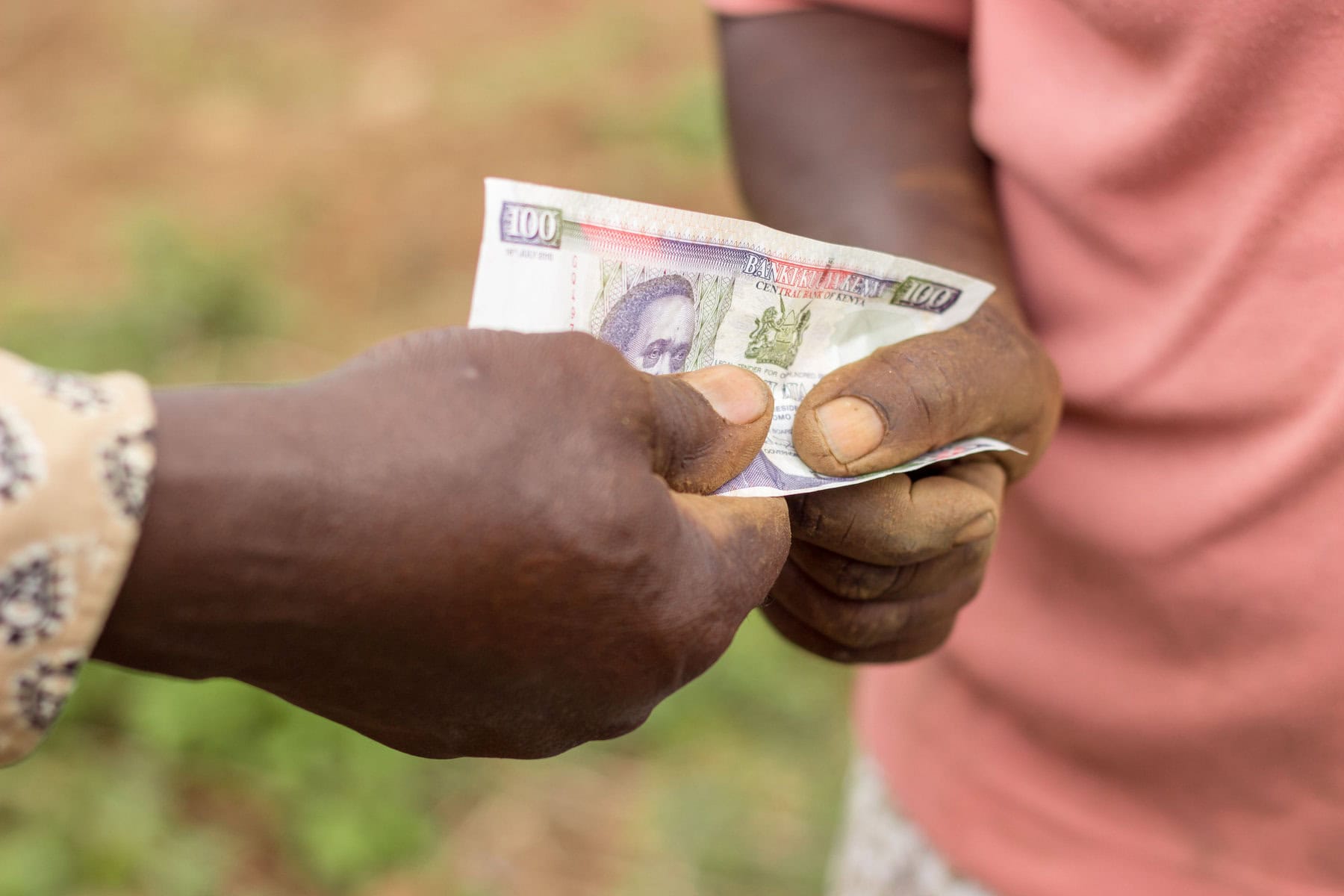
From experiencing the informal remittance journey first-hand on the bus to Harare, to unpacking payment system barriers in Côte d’Ivoire and Togo, to developing a

The promise of open finance has led to a rapid proliferation in countries exploring implementation globally. However, it also comes with costs and risks—particularly as

Micro and Small Enterprises (MSEs) are crucial drivers of economic growth in emerging markets, yet there is a persistent financing gap that restricts their access to

Lessons from scaling retail health microinsurance in Kenya We’ve all been there. You wake up feeling unwell and, being a rational person, you turn to

How can we prevent high healthcare costs and low insurance penetration from driving people into poverty? Imagine facing a medical emergency without insurance and having

On 1 December 2024, South Africa will take over the G20 presidency. This is a fantastic opportunity for Africa. In his recent Troika high-level address

Rwanda has set ambitious goals to transition from an agrarian economy to a knowledge-based one by 2050. This is operationalised through initiatives like the Smart
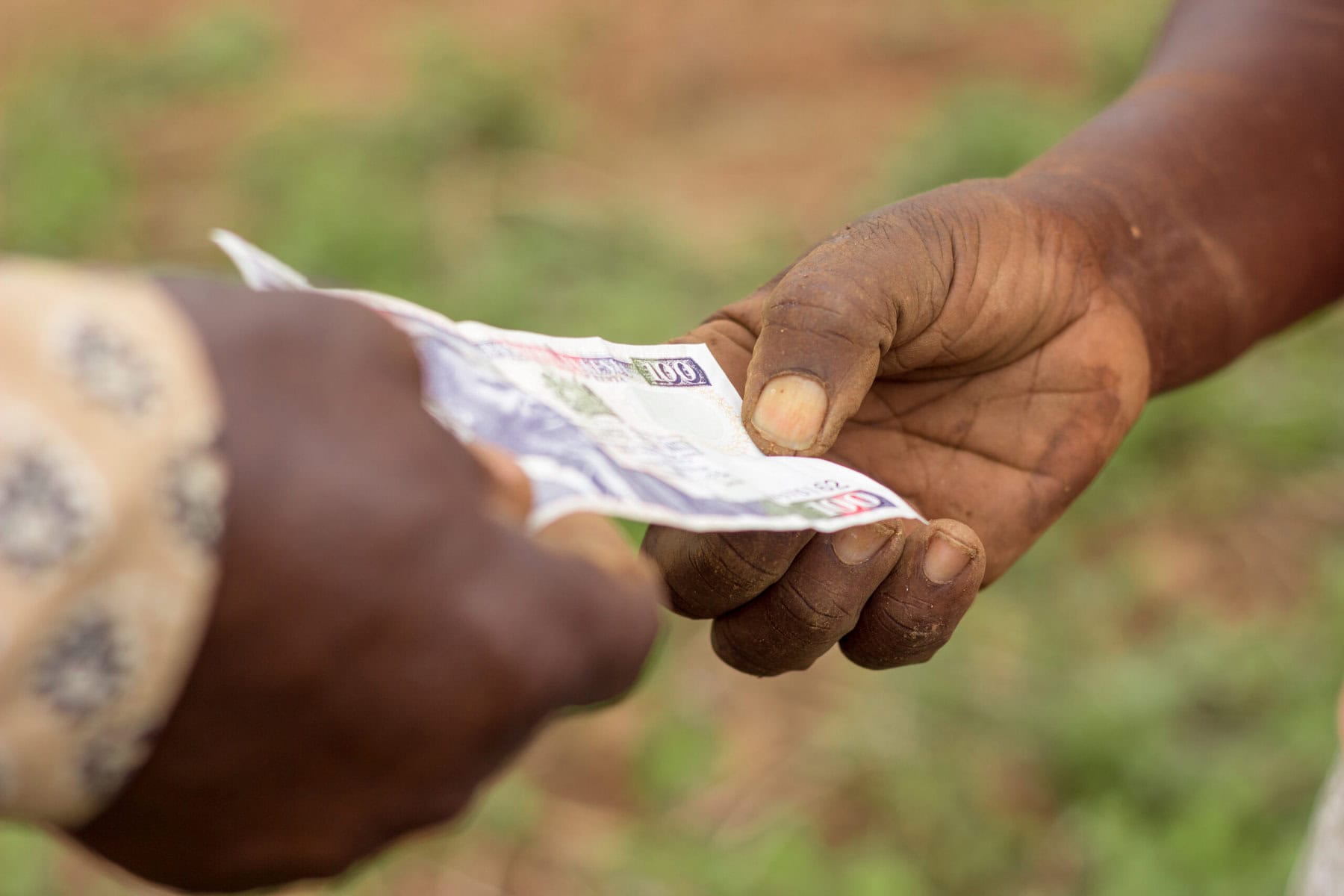
Many remittance service providers (RSPs) face a tough balancing act; they’re trying to innovate and grow, but it feels like they’re driving with the brakes
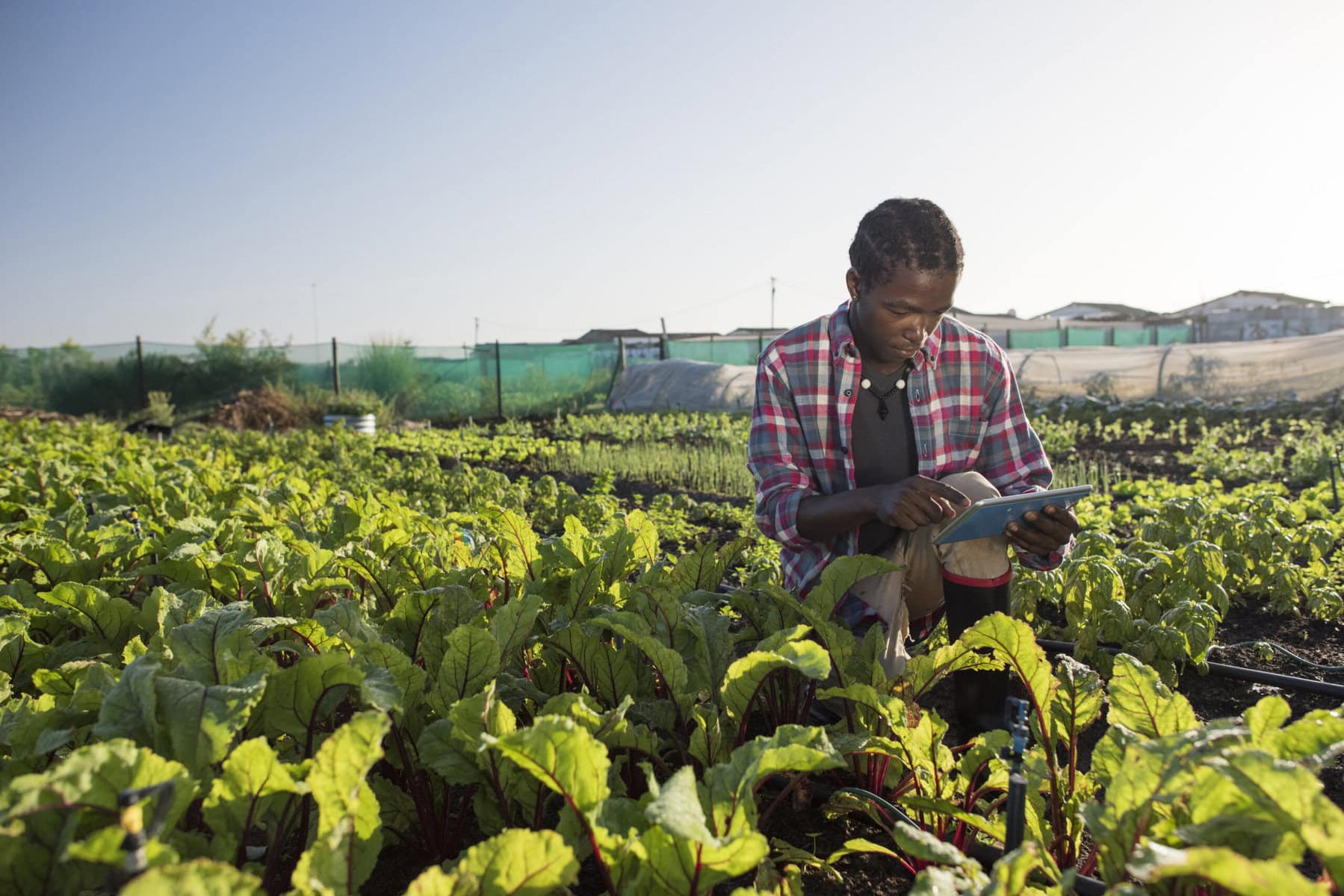
Policymakers are challenged to develop policies that will have a positive social impact. For instance, input subsidies for farmers have been widely used as a

Cenfri, in partnership with the GIZ I-FIN project, is providing technical assistance to the Central Bank of Jordan (CBJ). In line with Jordan’s Economic Modernisation

Innovation can enable insurance to become a powerful engine of growth and development across the continent, but achieving this requires that market players and regulators

Designed for people who want broad exposure to a spectrum of data science and data engineering content, these data training resources are available to those

The South African Financial Sector Conduct Authority (FSCA’s) publication of their Open Finance Policy recommendations (dated March 2024) is a promising step in moving the
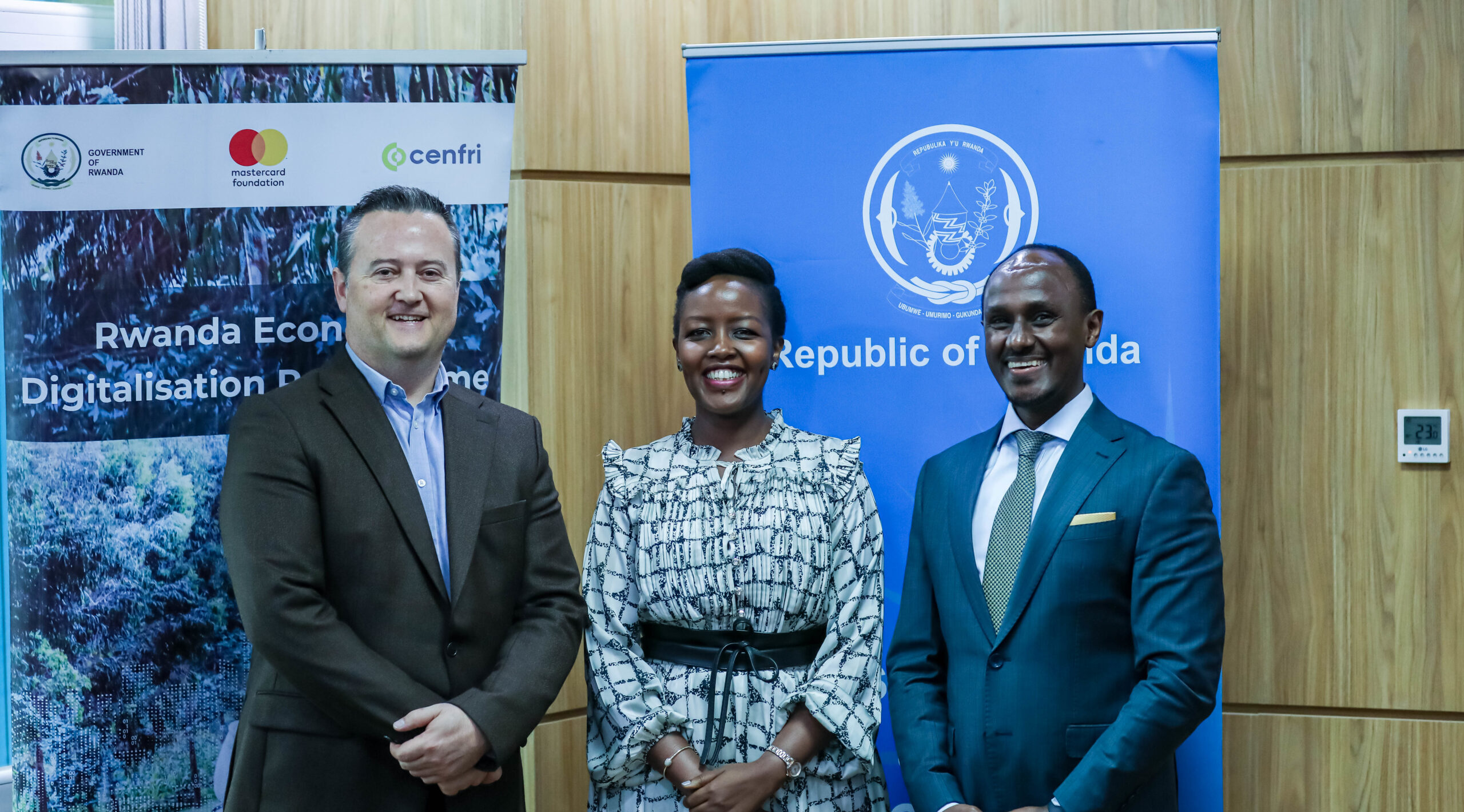
Kigali, 08 May 2024 – The Ministry of ICT and Innovation, the Mastercard Foundation and Cenfri announced today, the launch of the second phase of

Over the past three years, the Global Stocktake (GST) embarked on a consultative journey to assess progress towards the objectives of the Paris Climate Change

There is demand for skilled professionals in the field of data science as organisations are increasingly adopting a data-driven approach. From uncovering valuable insights to

Digitalisation per se has marginal impact; the crux is the way it is leveraged and implemented. We need a better understanding of how digital transformation

Fintechs have the potential to significantly improve the options available to financially underserved individuals. Many fintech start-ups in Africa, however, struggle to reach the scale

Digital financial services are transforming global financial service provision and access. Rapid developments in fintech are disrupting and transforming financial landscapes worldwide, leading to new

A diagnostic study on women cross-border traders between South Africa and Lesotho, Malawi and Mozambique Informal cross-border trade plays a significant economic role in the

In today’s data-driven world, many organisations recognise the importance of leveraging data insights to make decisions. However, once they attempt to harness and use their

In October 2023, Doubell Chamberlain spoke to Rishi Raithatha about the impact that innovation and technology has had on the microinsurance market over the last

When I travelled the windy road from Kigali to the Volcanoes National Park to hike up Mount Bisoke, I spent most of my time looking

The Government of Rwanda’s ambitious plan to become a cashless economy by 2024 has seen significant efforts and investments in the cashless and digitalisation agenda.

Very little has changed in the Ethiopian insurance industry over the last fifteen years but there is a potential silver lining: a few fundamental changes

COVID-19 turned some of us into virtual voyagers. We spent hours scrolling through posts of people hiking to waterfalls, adventurers crossing canopy walks, and families

Open Finance can be defined as the sharing of consumer data between financial service providers (FSPs) and/or third-party providers on the basis of consumer consent.
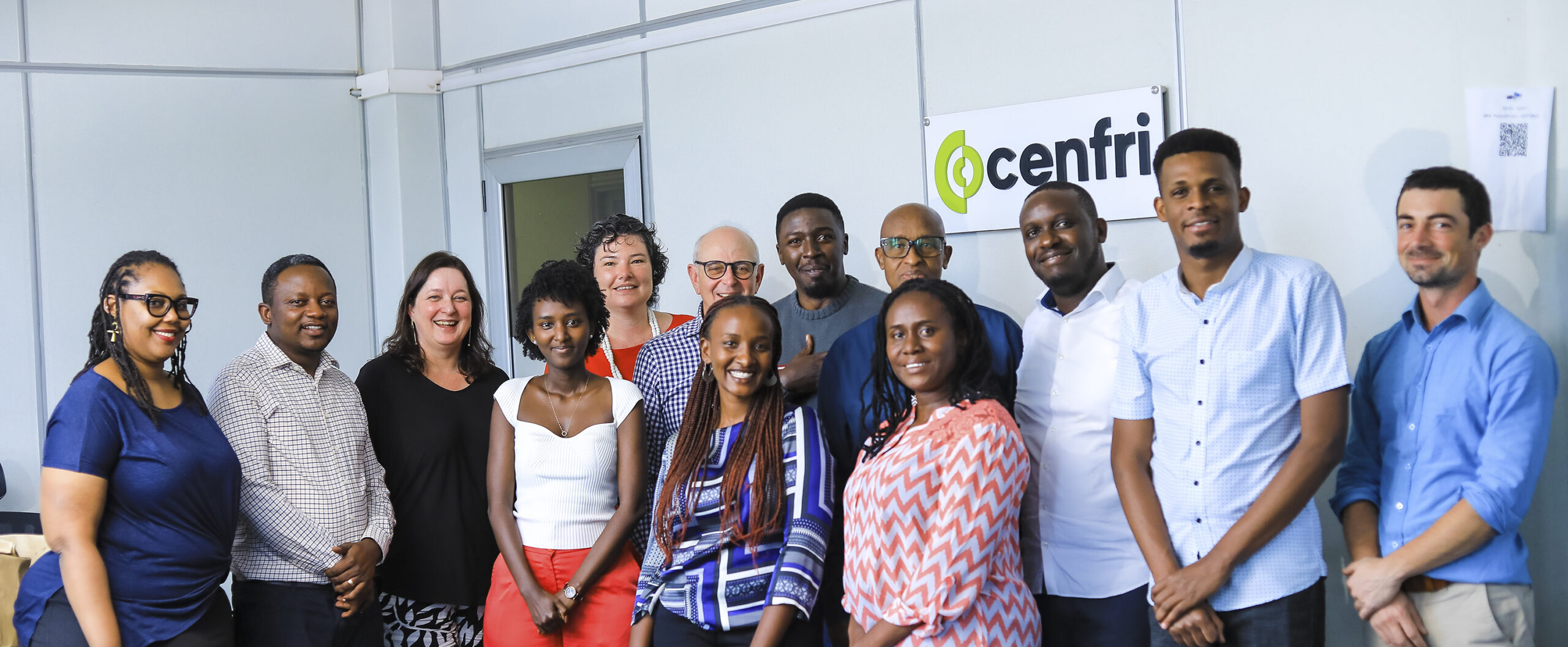
In implementing the Rwanda Economy Digitalisation Programme, Cenfri has worked with multiple stakeholders and partners to acquire datasets to inform policy that will improve the

Remittances are a valuable lifeline for Africans, with over USD 100 billion flowing into the continent annually from a migrant workforce of 40 million individuals

KYC and CDD requirements can inhibit access to remittances for low-income, rural households and women. These are our findings from the Remittance Access Initiative where

Ghana’s tourism industry presents an exciting landscape for growth, offering significant potential for youth employment and entrepreneurship. However, an effective digital presence is a prerequisite

Interoperable payment systems improve the efficiency and effectiveness of retail and cross-border payments. Cenfri worked with BankservAfrica on a white paper that assesses the state

If properly catalogued, classified and shared, public sector data can be leveraged to increase access to services, make service delivery more efficient and inform policymaking.

In recent years, Rwanda has embarked on a transformative journey towards digitalisation to fuel economic growth and innovation. The Rwanda Economy Digitalisation Programme, implemented by

Innovation opportunities for enhanced remittance access As part of our Remittance Access Ininitative (RAI), Cenfri conducted a regulatory assessment of seven countries (Ghana, Kenya, Morocco,

Central banks have cited several reasons for considering or piloting central bank digital currencies (CBDC). These include a desire to enhance financial stability and monetary

The Remittance Access Initiative (RAI) is a programme set up through a partnership between IFAD’s Financing Facility for Remittances (FFR) and Cenfri. Cenfri is working

Recognising the importance of digital payments as a contributor to financial inclusion, central banks in low-and-middle-income countries (LMICs) are increasingly looking to address the remaining

Gakere is a 49-year-old mechanic from Nairobi, and like 77% of adults in Kenya, he does not have National Hospital Insurance Fund (NHIF) or private

Consumers face several frustrations with the potential to affect their experience of digital financial services. These include system glitches, inappropriate design, fraud, cybercrime, data breaches,

To support regulatory authorities in sub-Saharan Africa in promoting inclusive insurance market development, there is a need to strike a balance between innovation and the

The authors of this report would like to acknowledge the support of the International Dialogue on Consumer Protection in Context of the SDGs, coordinated by

The retail and trade (merchant) sector is one of the priority sectors for the Rwanda Economy Digitalisation Programme. The sector and its upstream activities generate

In Uganda, refugees and asylum seekers struggle to cash out their remittances due to challenging and time-consuming identity verification processes. This is one observation from

Capacity-development is a vital part of the Rwanda Economy Digitalisation programme and beyond the hosting of training courses, the aim is to cultivate a hub

Despite the best efforts of sub-Saharan African (SSA) insurers, most African citizens and small businesses do not yet have insurance. Our recent research in eight

Learnings from the Remittance Access Initiative (RAI) in partnership with IFAD’s Financing Facility for Remittances Cenfri, in partnership with IFAD’s Financing Facility for Remittances recently

Agriculture plays a major role in the Rwandan economy: close to 75% of the population’s livelihood depends on farming. However, the majority of these farmers

Will CBDC solve your financial inclusion woes or further exclude the vulnerable? Central bank-backed digital currency (CBDC) may alleviate financial exclusion barriers, but it comes

Kigali, Monday 29th August 2022 – The Smart Africa Alliance welcomes Cenfri as an international non-profit member to advance Smart Africa’s digital transformation initiatives. With

The value of non-legally binding guidance Regulation is the regulator’s strongest and most fundamental tool; but it can take years to be published. In Zambia,

Cenfri has deepened its work on CBDC amid growing interest from central banks Central Bank Digital Currency (CBDC) has emerged as a key consideration for

Nothing illustrates the incredible power of data-driven decision-making more than the recent COVID-19 pandemic. Lamenting the disparities in genomic sequencing data from high versus lower-middle

Micro, small and medium-sized enterprises in Egypt Micro, small and medium-sized enterprises (MSMEs) play a fundamental role in the Egyptian economy – they drive more

One of the reasons so much emphasis is placed on digitalisation is that people hope digital technology will solve common, but hereto unresolved, challenges. While

Opportunities await insurers and tech providers who are willing to work together Insurance is a key tool that provides businesses with protection and resilience against

About the Insurance Innovation Dialogue To support insurance regulatory authorities in sub-Saharan Africa strike a balance between innovation and risk, FSD Africa set up the
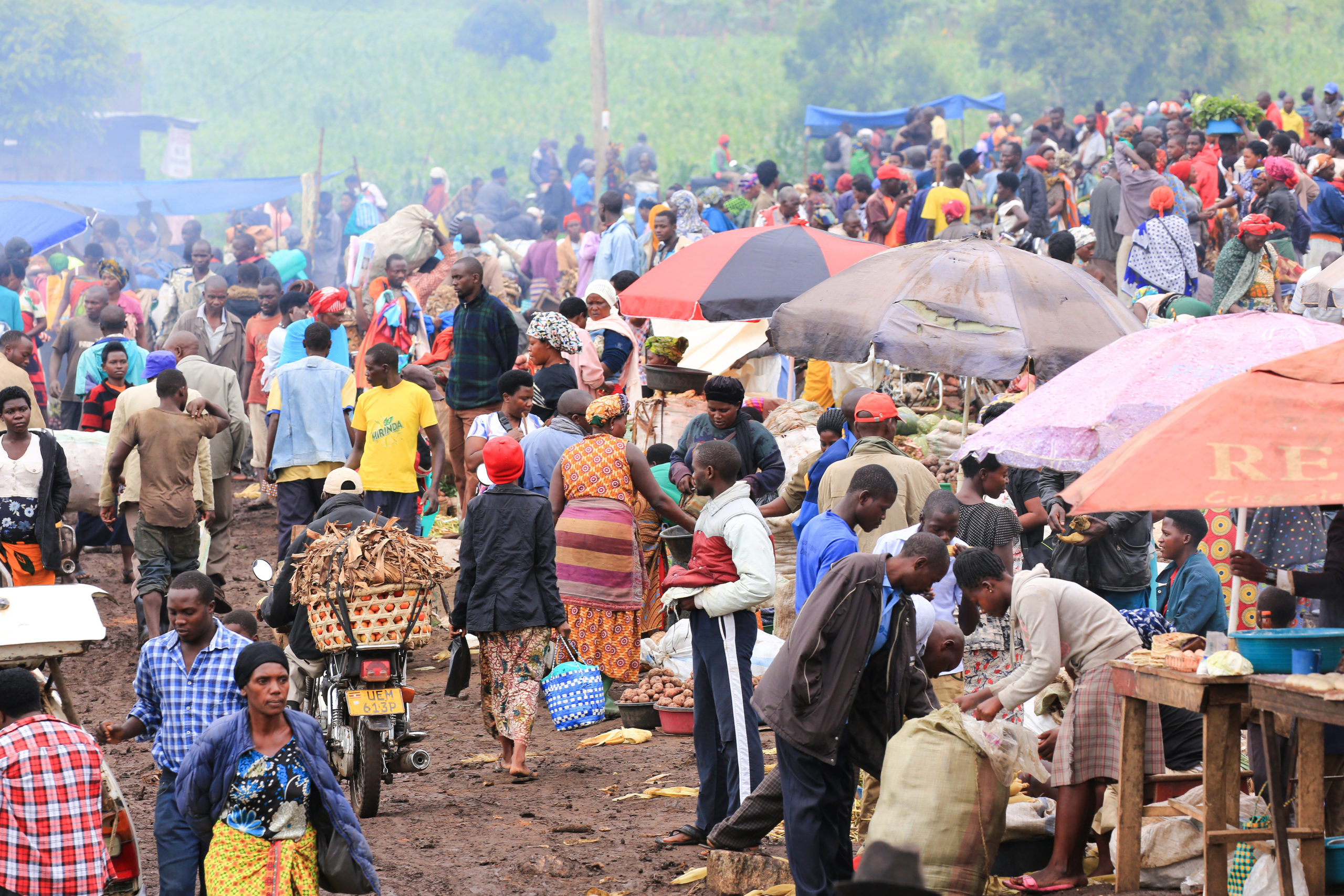
Insurers can partner with digital platforms, lenders and insurance aggregators to offer better products that matter for MSMEs. Despite being heavily underfinanced, micro, small and

The role of enabling identity regulation in Ghana Recent data shows that remittances continue to play a critical role in Ghana. According to Ghana’s 2020

Small and medium enterprises (SMEs) are considered engines of economic growth and development, especially in developing economies, yet they continue to be disproportionately rejected from

The Rwanda Economy Digitalisation Programme aims to support the Government of Rwanda in its vision of building an inclusive digital economy using data-driven policymaking. To

Early insights from IFAD’s Financing Facility for Remittances and Cenfri Our work with IFAD to improve remittance access across seven African countries has shown that

A changing climate affects everyone, but it’s the world’s poorest and most vulnerable, predominantly women and girls, who bear the brunt of environmental, economic and

A demand-side perspective of the risk management and resilience needs of remittance senders from South Africa to Ghana, Malawi and Zimbabwe Remittance-linked insurance products (RLIPs)

On-demand transport services and insurtech Whether as a customer or a business, digital platforms that connect people and services are ubiquitous today. The adoption of technology in food
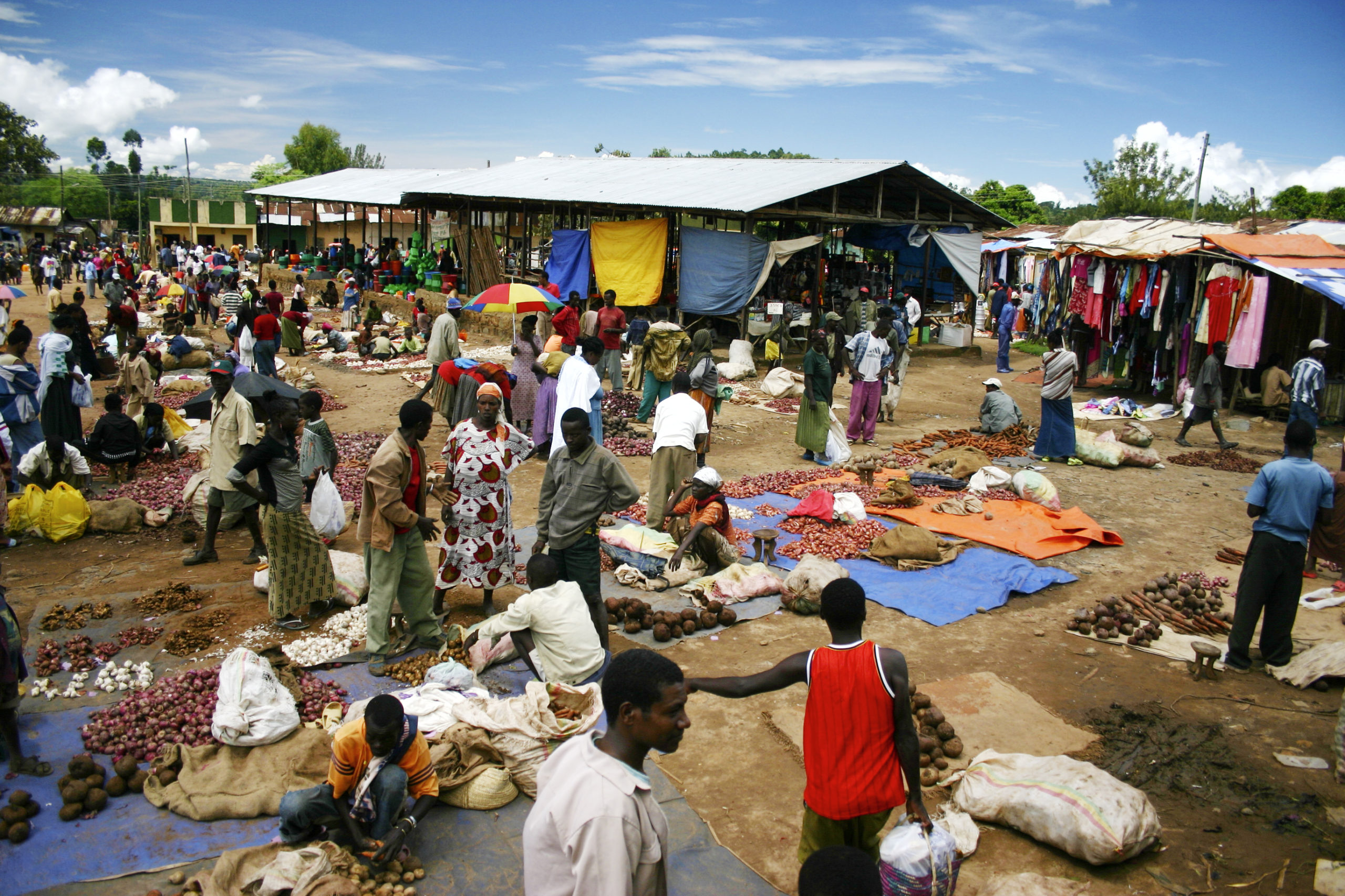
How Cenfri makes systemic change happen In helping to build a world of opportunity and greater equality, where people and societies thrive, and where the
| Cookie | Duration | Description |
|---|---|---|
| cookielawinfo-checbox-analytics | 11 months | This cookie is set by GDPR Cookie Consent plugin. The cookie is used to store the user consent for the cookies in the category "Analytics". |
| cookielawinfo-checbox-functional | 11 months | The cookie is set by GDPR cookie consent to record the user consent for the cookies in the category "Functional". |
| cookielawinfo-checbox-others | 11 months | This cookie is set by GDPR Cookie Consent plugin. The cookie is used to store the user consent for the cookies in the category "Other. |
| cookielawinfo-checkbox-necessary | 11 months | This cookie is set by GDPR Cookie Consent plugin. The cookies is used to store the user consent for the cookies in the category "Necessary". |
| cookielawinfo-checkbox-performance | 11 months | This cookie is set by GDPR Cookie Consent plugin. The cookie is used to store the user consent for the cookies in the category "Performance". |
| viewed_cookie_policy | 11 months | The cookie is set by the GDPR Cookie Consent plugin and is used to store whether or not user has consented to the use of cookies. It does not store any personal data. |
Please provide the following details and we will get back to you as soon as possible